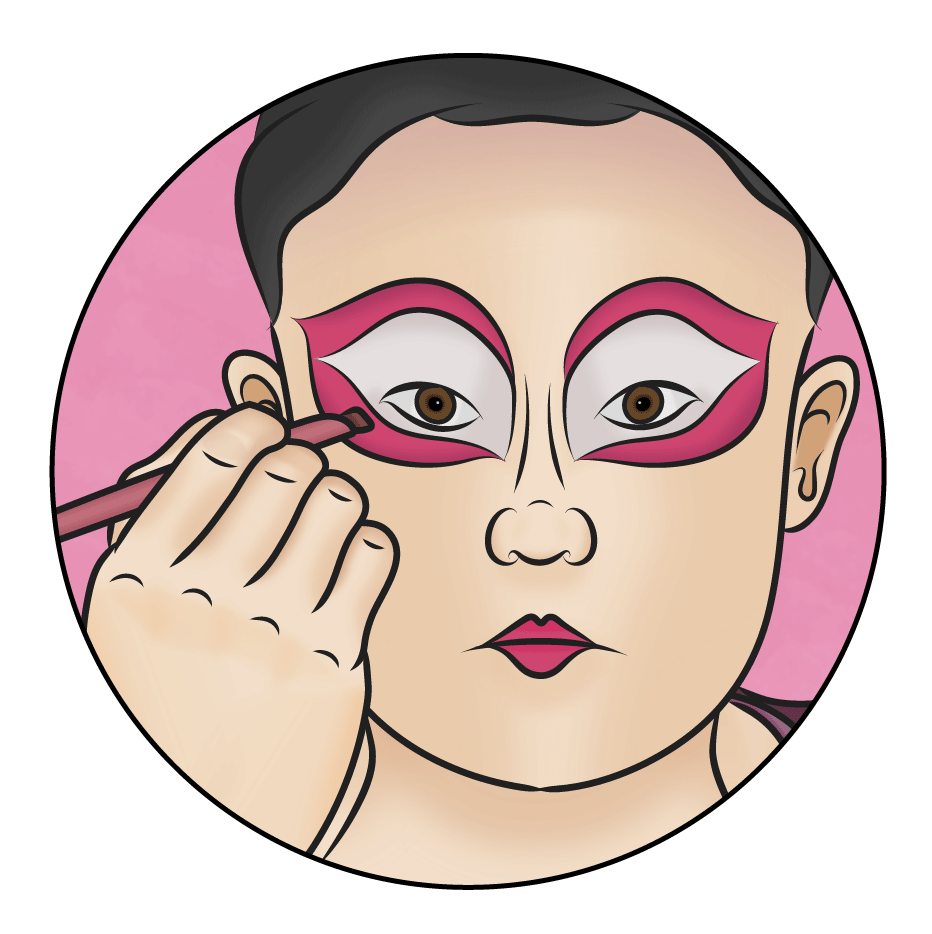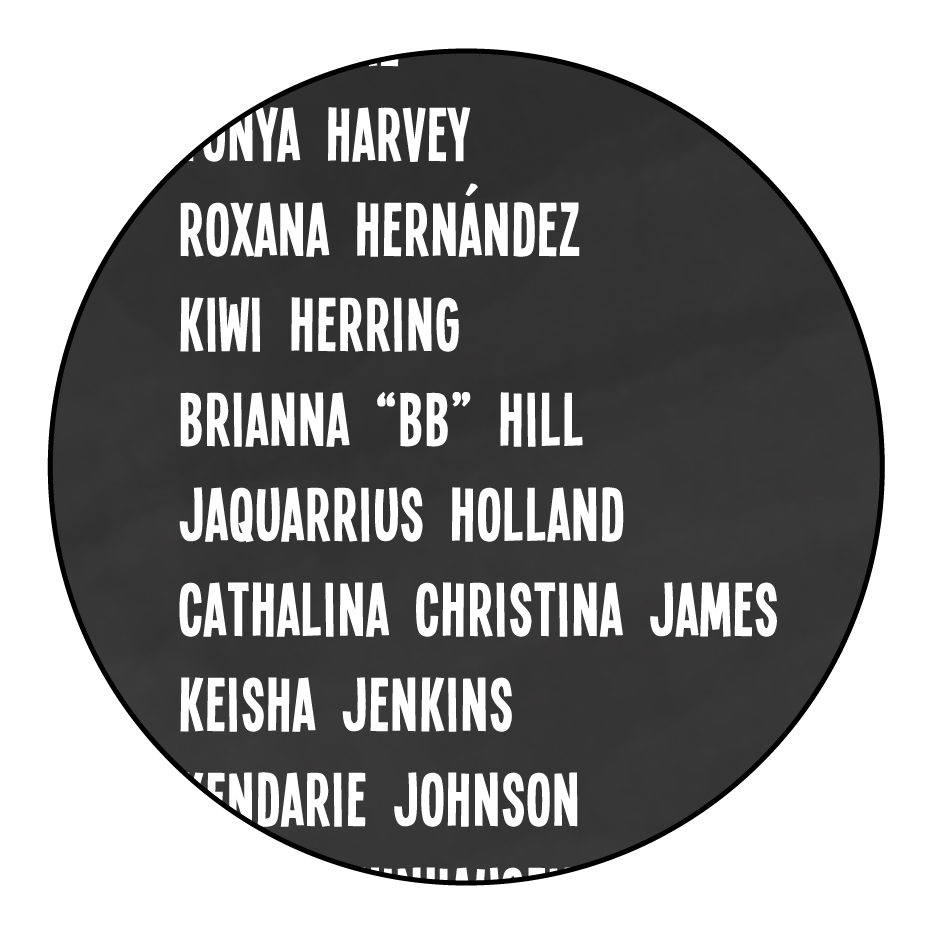Writing the Next Chapter
The LGBTQ+ community has come a long way.
In 2003, same-sex marriage wasn’t legal in any US state. Today, couples from Alabama to Alaska can walk down the aisle.
Just a couple decades ago, movies and TV shows that tackled LGBTQ+ stories were considered groundbreaking. Today, queer audiences can find any number of programs that not only acknowledge their existence, but also celebrate it.
And as recently as 2020, people in 25 states could be fired from their jobs because of their sexuality or gender identity. But following a series of Supreme Court decisions that year, LGBTQ+ people are no longer subject to legalized workplace discrimination.
But serious issues remain.
In April 2021, Arkansas became the first state to pass legislation explicitly denying healthcare to transgender youth. In 2020, 40% of LGBTQ+ youth reported considering attempting suicide in the previous year. Racism persists within the LGBTQ+ community, and queer people of color are disproportionately affected by violent crime. And abusive conversion therapy practices remain legal in 30 states.
It’s easy to think of queer history as a linear story of progress—a path that goes from bad to good, from oppression and secrecy to acceptance and pride. But the real story is more complicated than that. The challenges facing the queer community today are products of the past. They emerged from longstanding legacies of discrimination that we must understand to dismantle.
The story’s not over. We write the next chapter. And by knowing the past, we can create a brighter future.
Names, Dates, and Trends to Know

Queering Entertainment
February 2, 2009
RuPaul's Drag Race premieres on Logo, making the art of drag an international phenomenon and showcasing the complex, personal stories of queer contestants.

Victory for Marriage Equality
June 26, 2015
The Supreme Court comes to a 5-4 decision in Obergefell v. Hodges, legalizing same-sex marriage throughout the country under the Due Process and Equal Protection Clauses of the Fourteenth Amendment.

Continued Violence
2015 to 2019
The Human Rights Campaign documents the murders of 120 transgender people in a 5-year span, most of whom were Black women. This number only accounts for murders that were properly investigated and reported.

Securing Workplace Equality
Jun 15, 2020
In a pair of 6-3 decisions, the Supreme Court rules that Title VII of the Civil Rights Act of 1974 guarentees individuals can't be fired because of their sexual orientation or gender identity.

Legalized Abuse
Present
As of April 2021, thirty states still allow conversion therapy despite evidence that the practice is both abusive and incapable of changing an individual's sexuality or gender identity.

The State of Education
Present
As of April 2021, only 5 US states—California, Colorado, Illinois, New Jersey, and Oregon—require LGBTQ+ history as part of public school social studies curriculums.
Want to Learn More?
Interested in how modern queer life is influenced by the past? Check out these resources. Some are available to everyone, but others might require payment or an institutional login.
Free Resources
-
Issues for the Transgender Community
National Center for Transgender Equality
-
National Park Service LGBTQ Heritage Theme Study
-
Teaching LGBTQ History and Heritage
National Park Service LGBTQ Heritage Theme Study
-
Why LGBTQ Historic Sites Matter
National Park Service LGBTQ Heritage Theme Study
Paid or Restricted Resources
-
Real Queer America: LGBT Stories from Red States
Samantha Allen
-
Alison Bechdel
-
Love Wins: The Lovers and Lawyers Who Fought the Landmark Case for Marriage Equality
Debbie Cenziper and Jim Obergefell
-
The Gay Revolution: The Story of the Struggle
Lillian Faderman